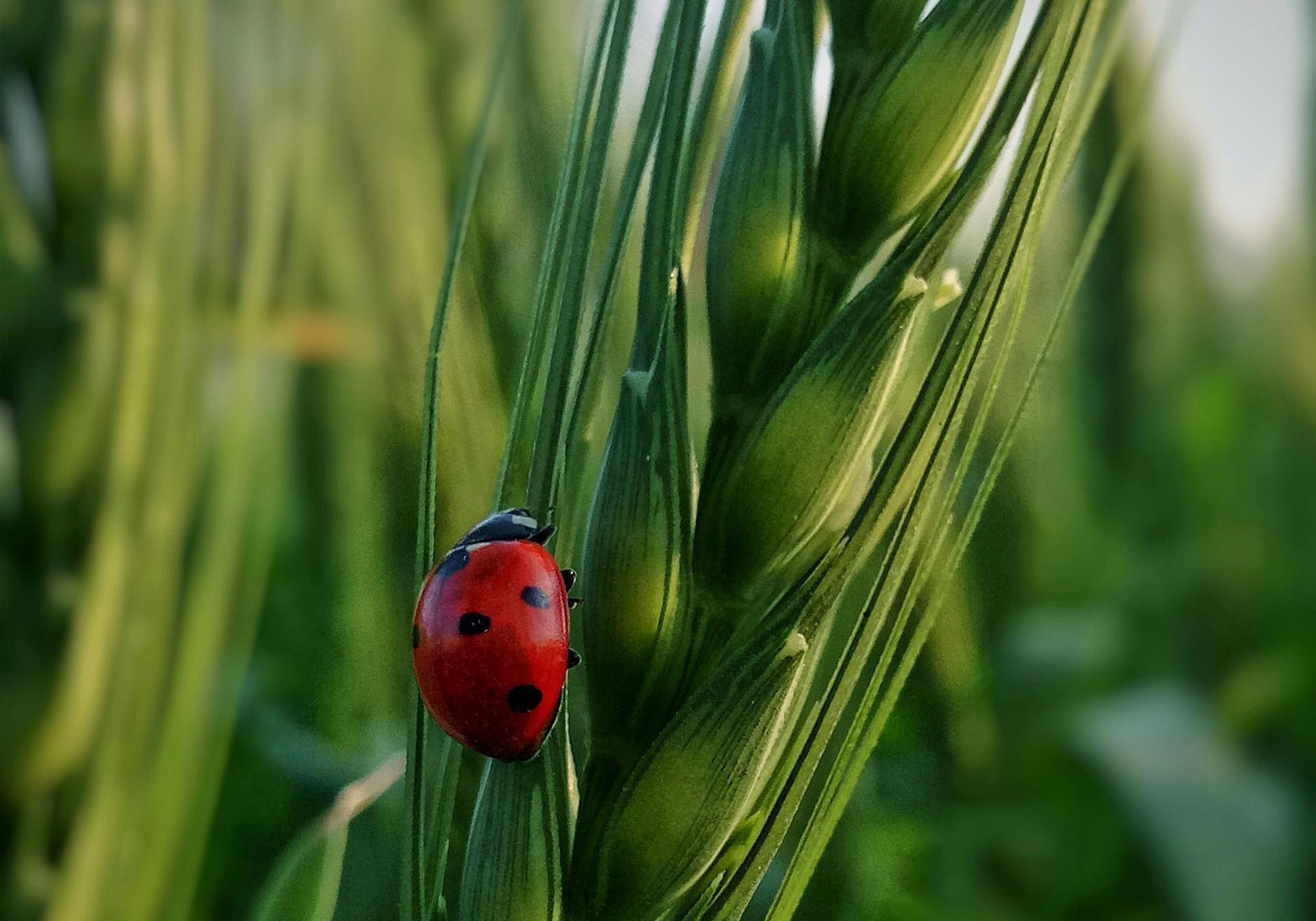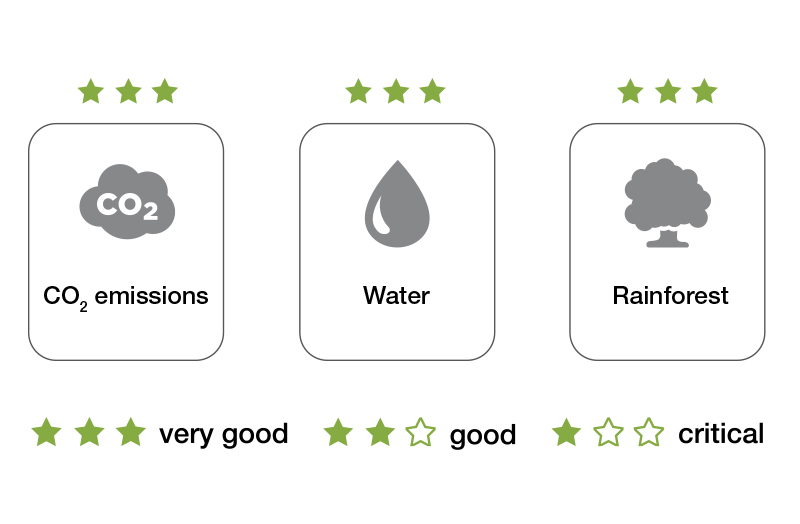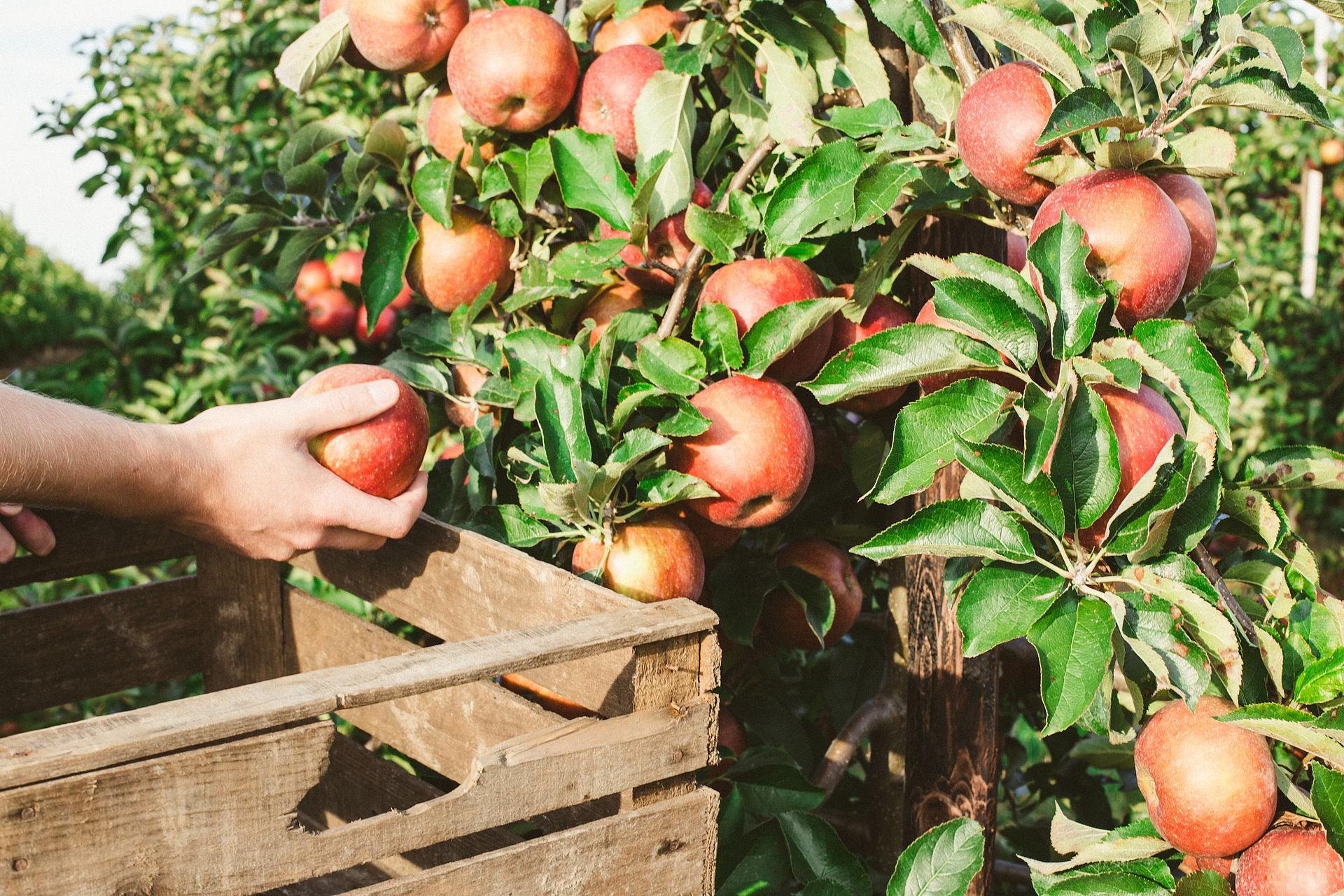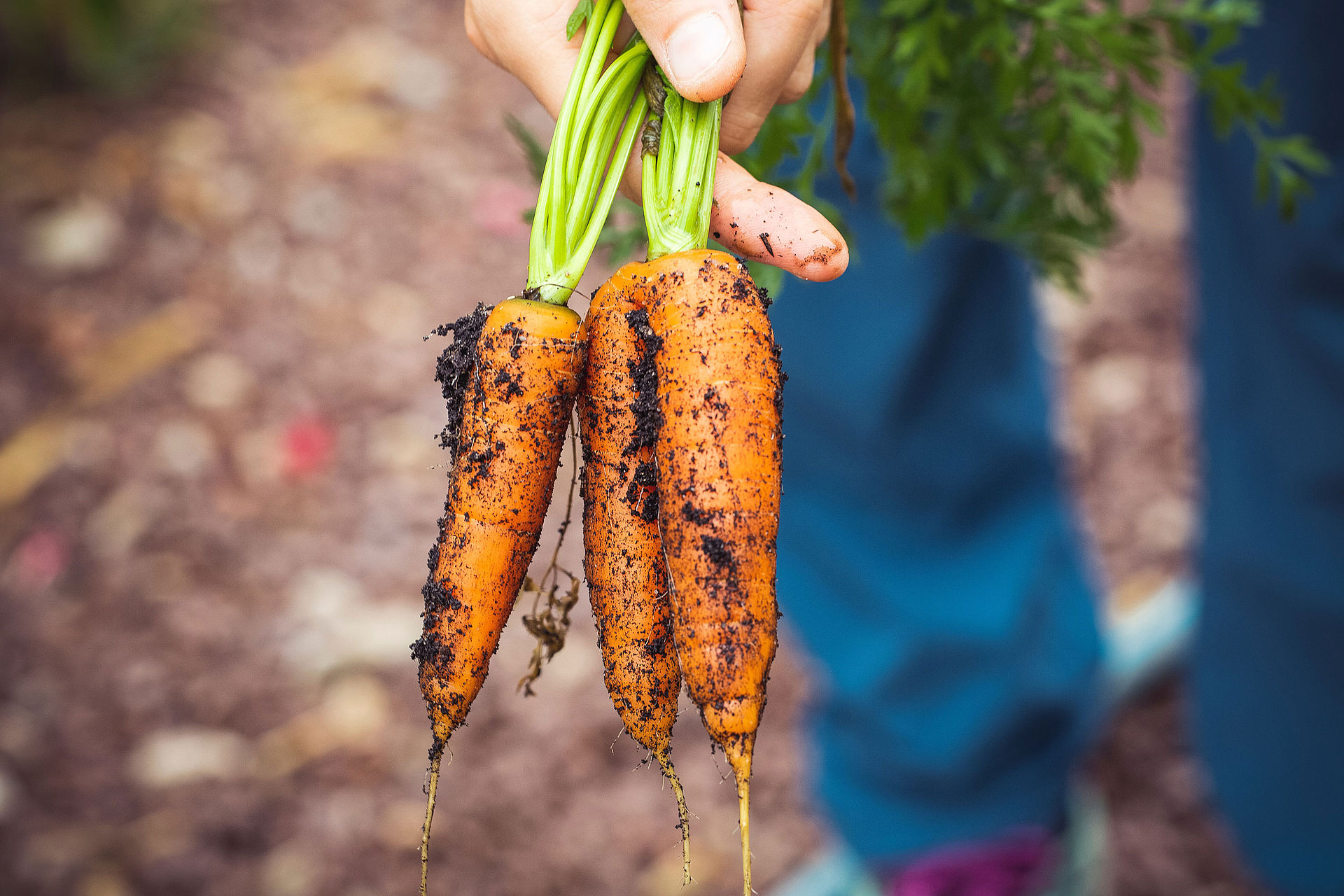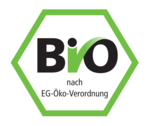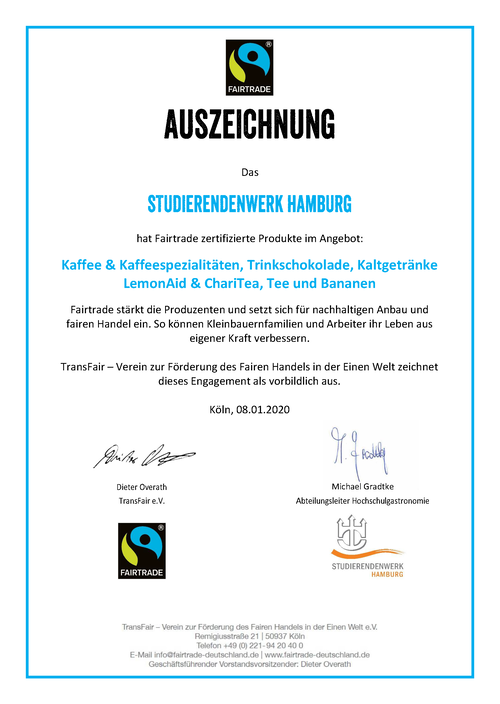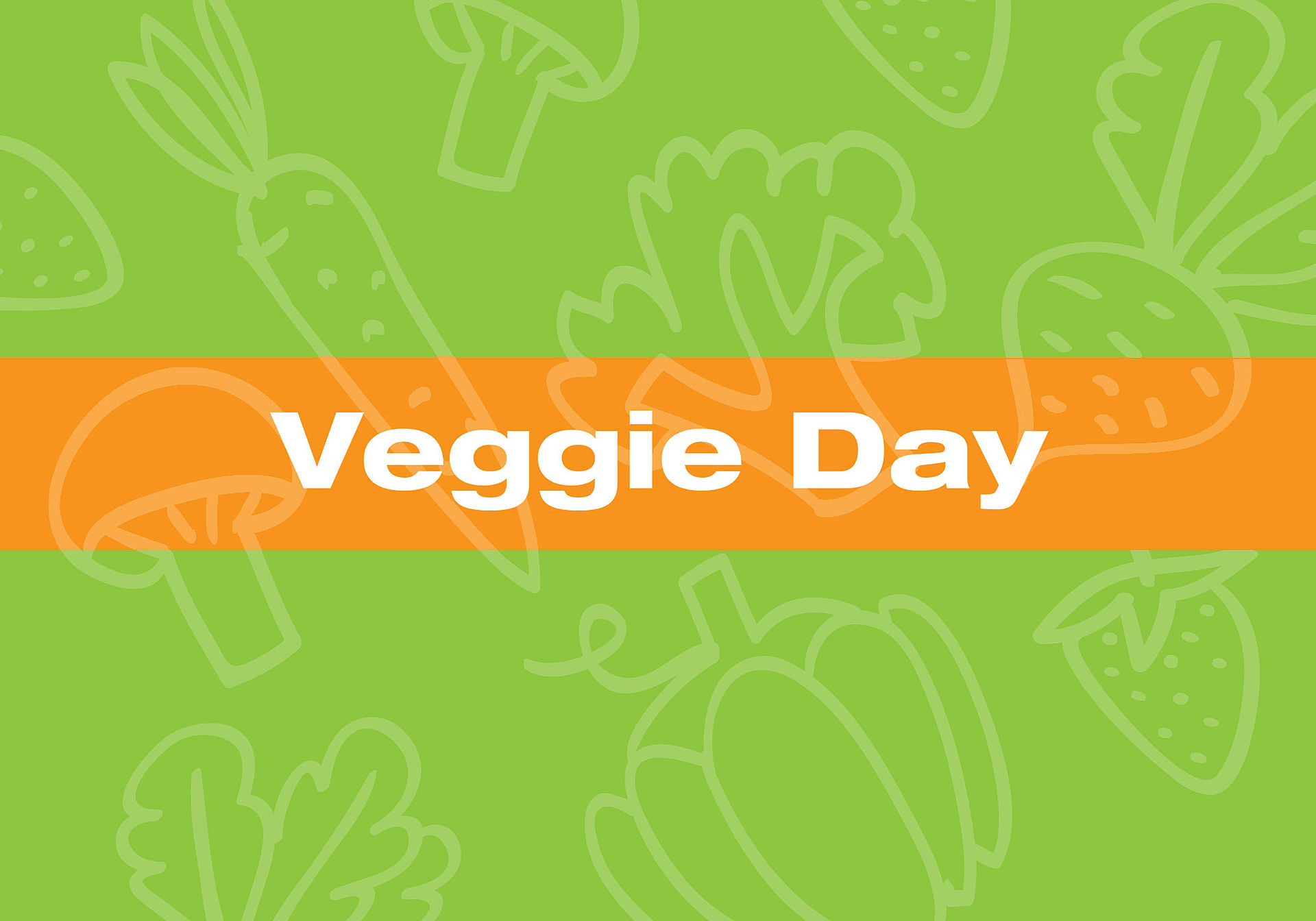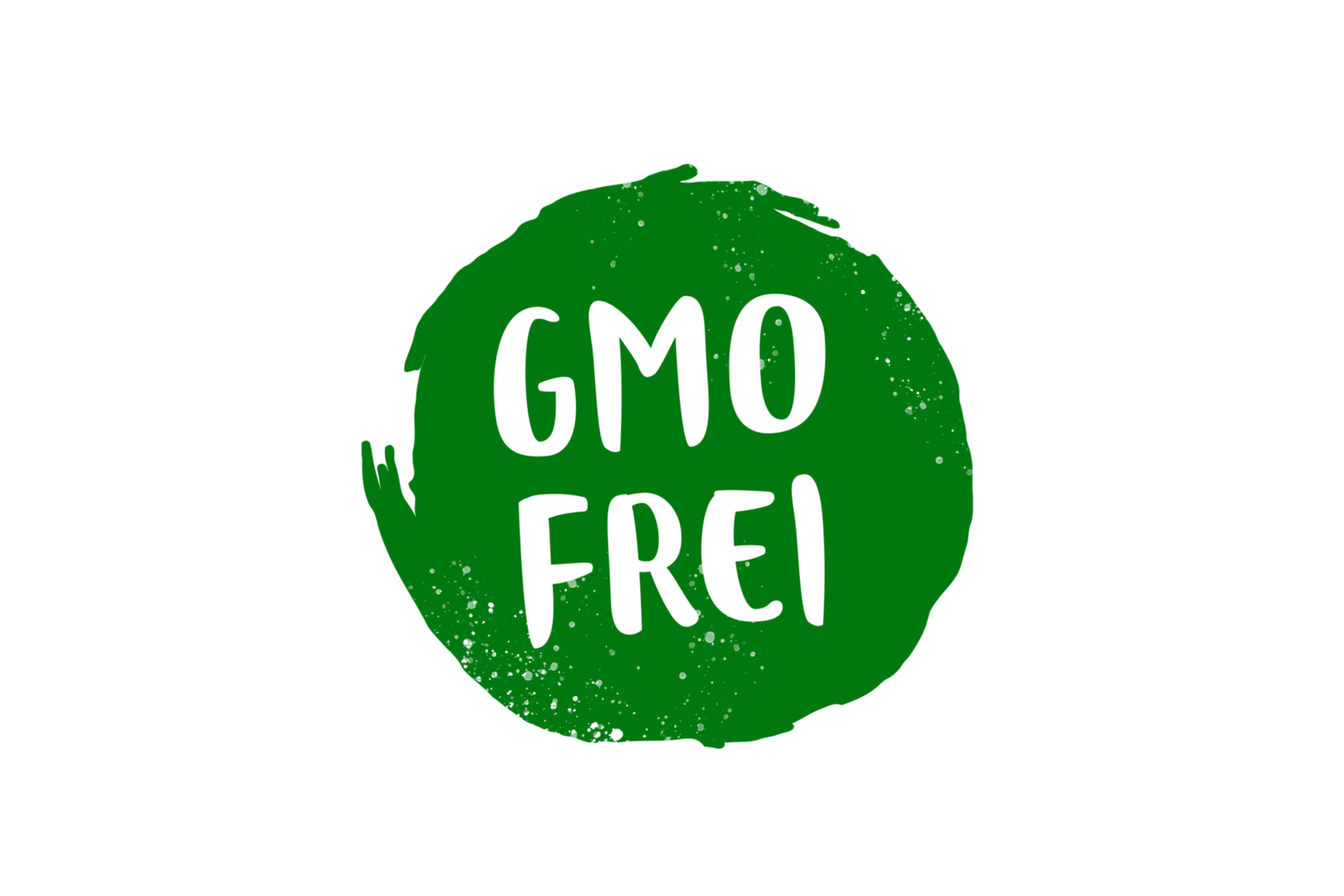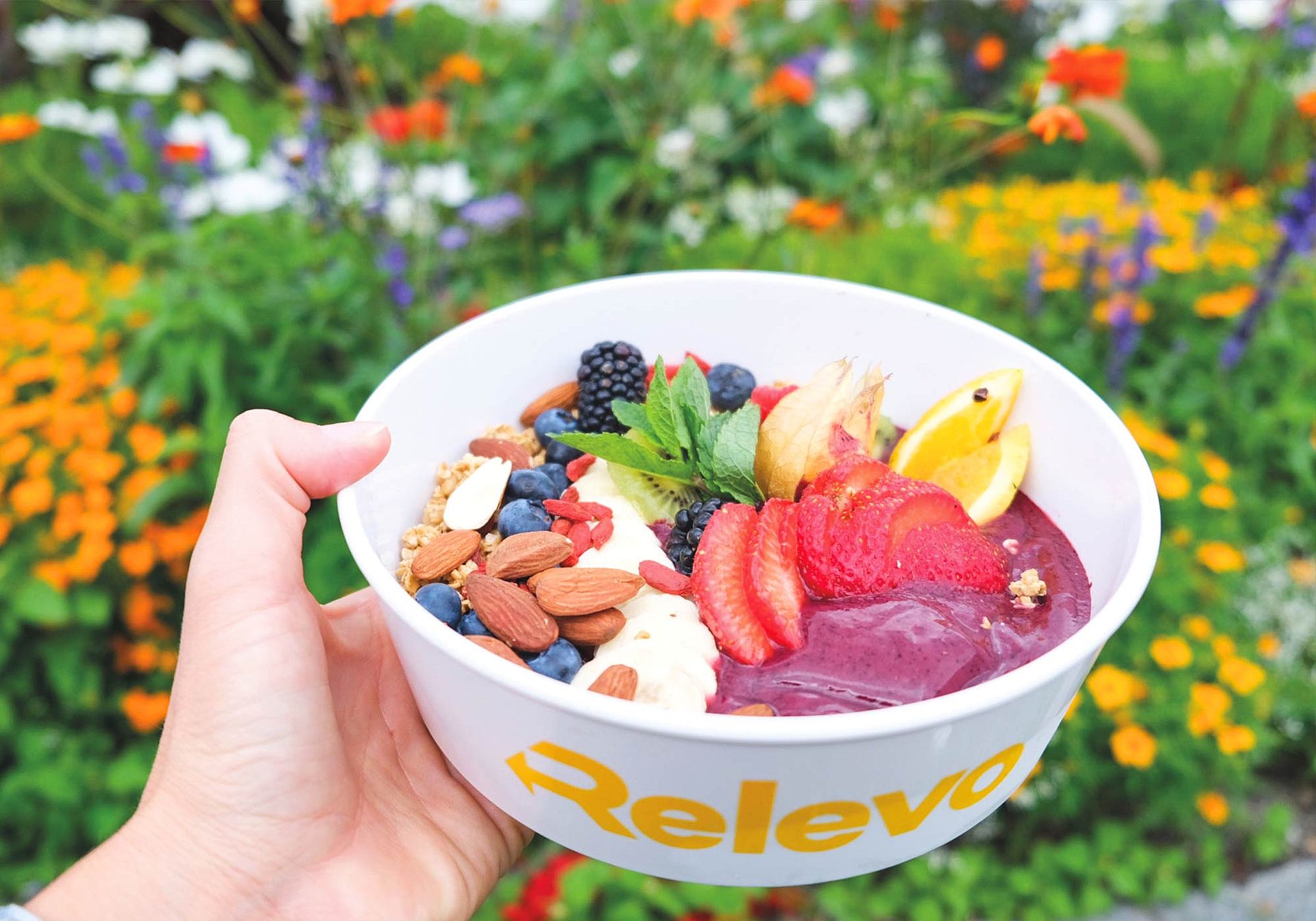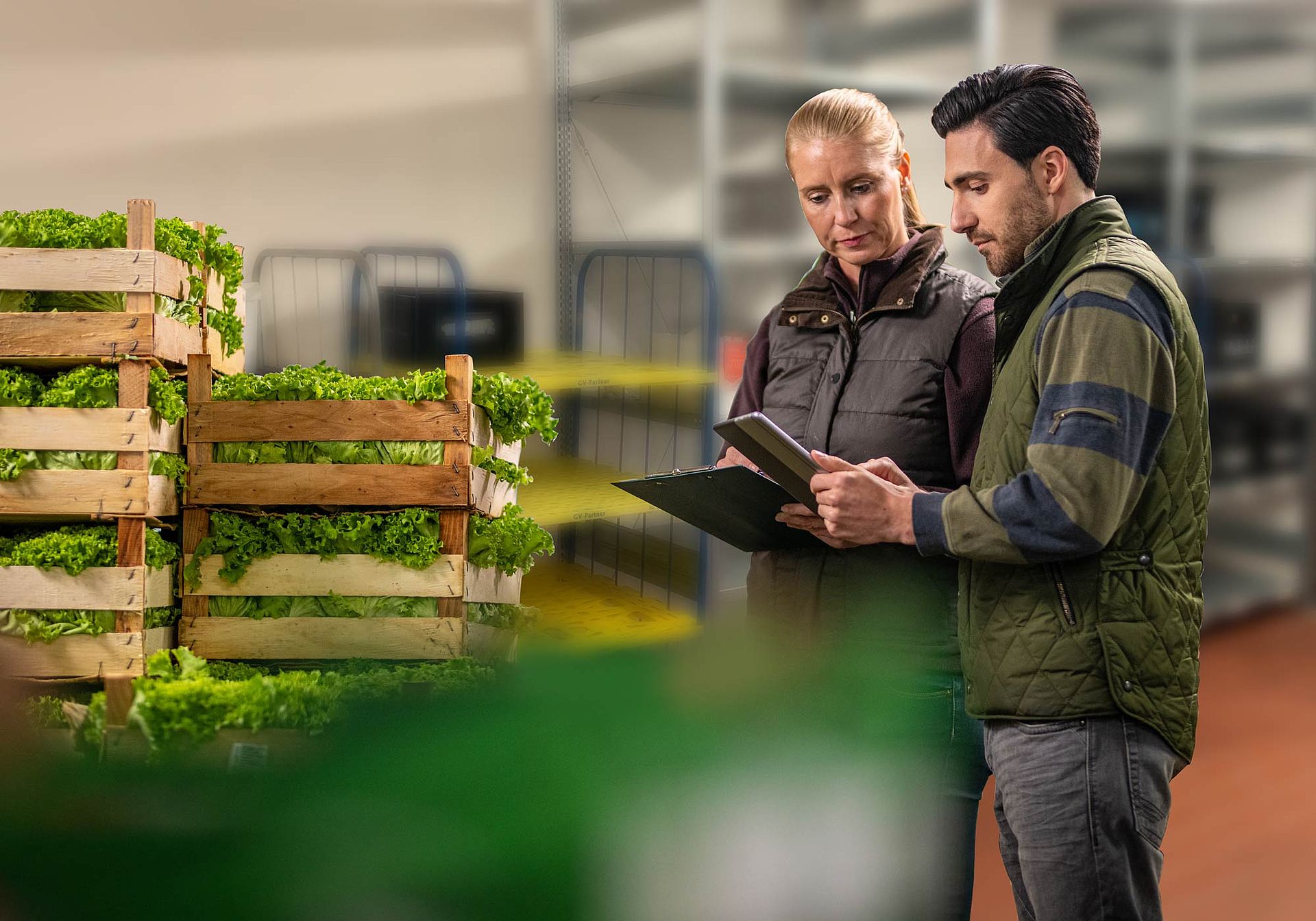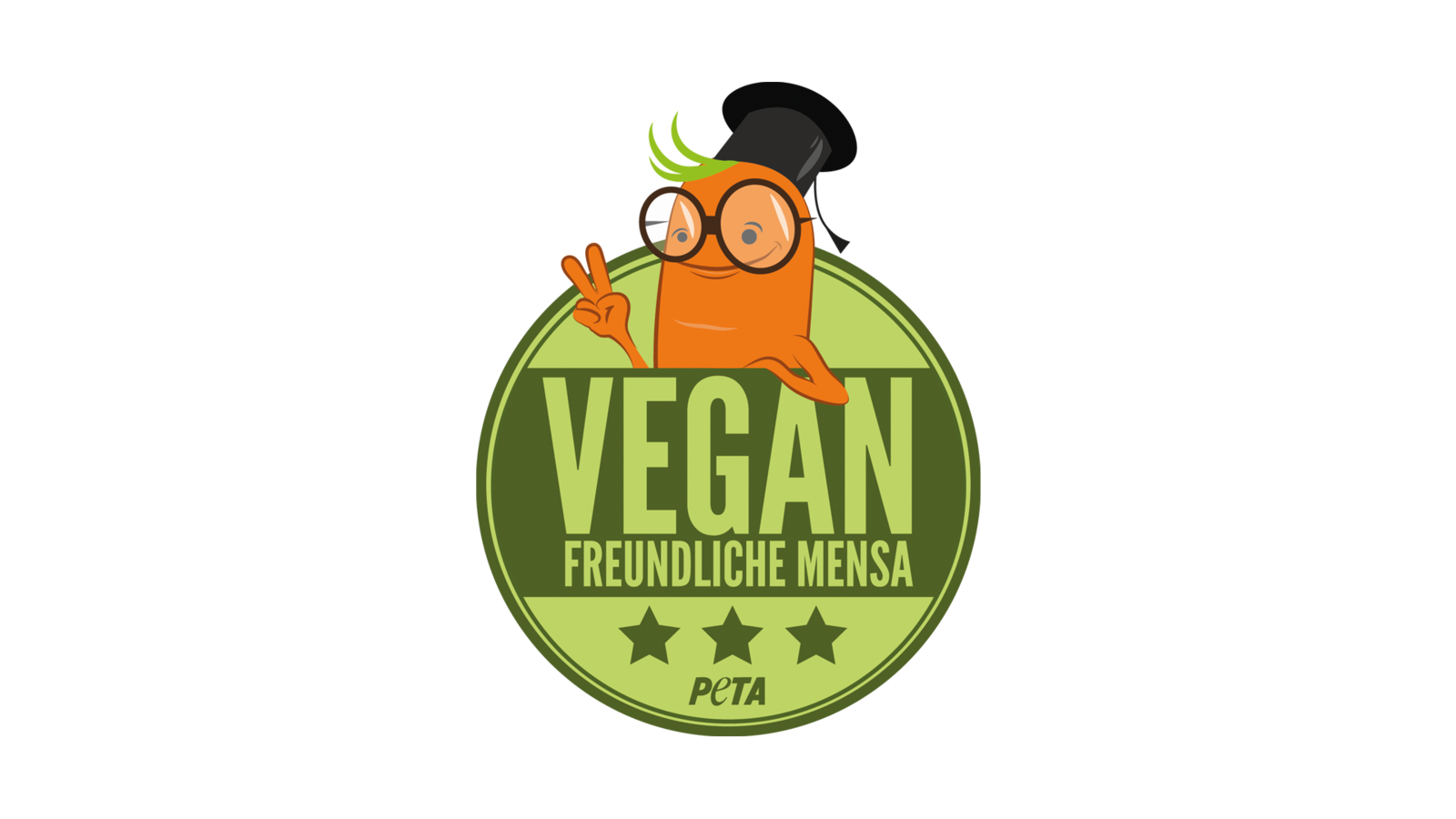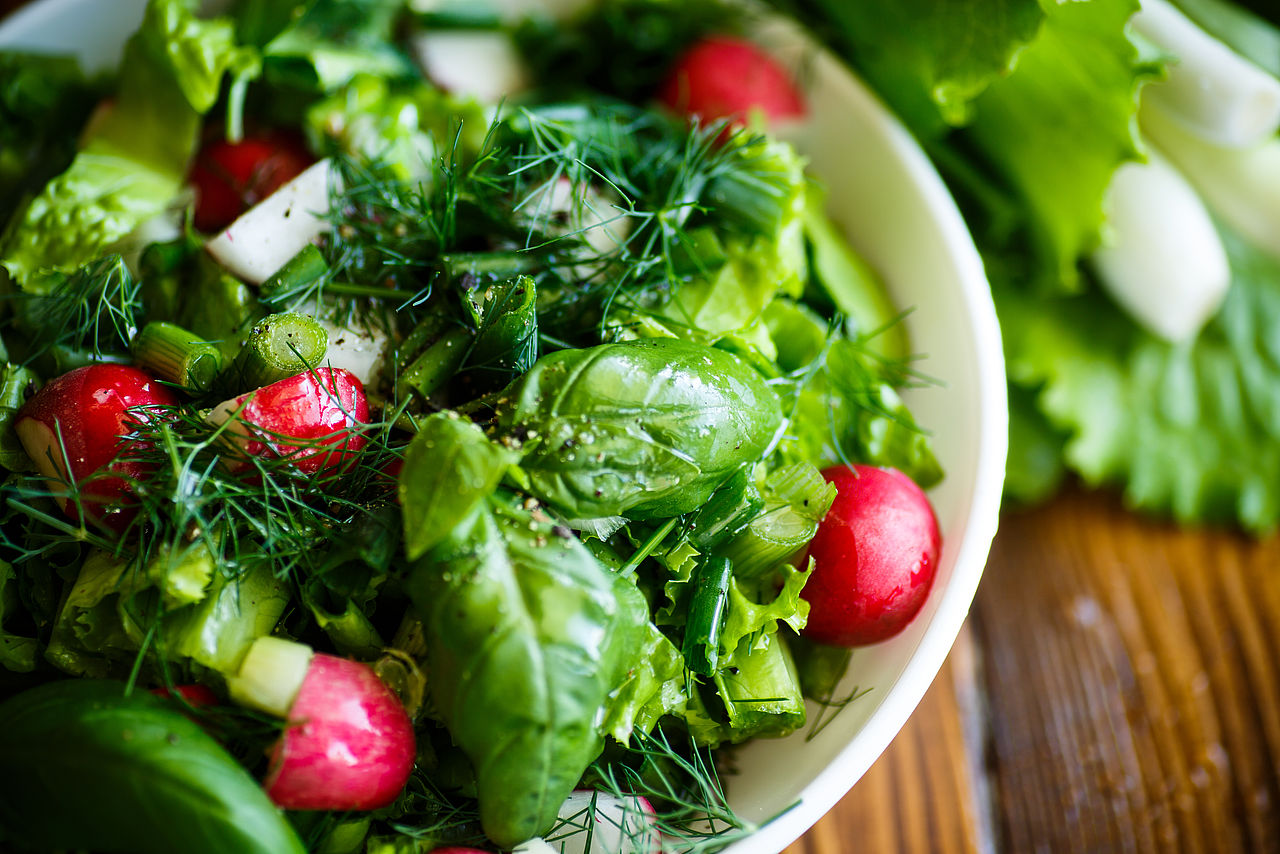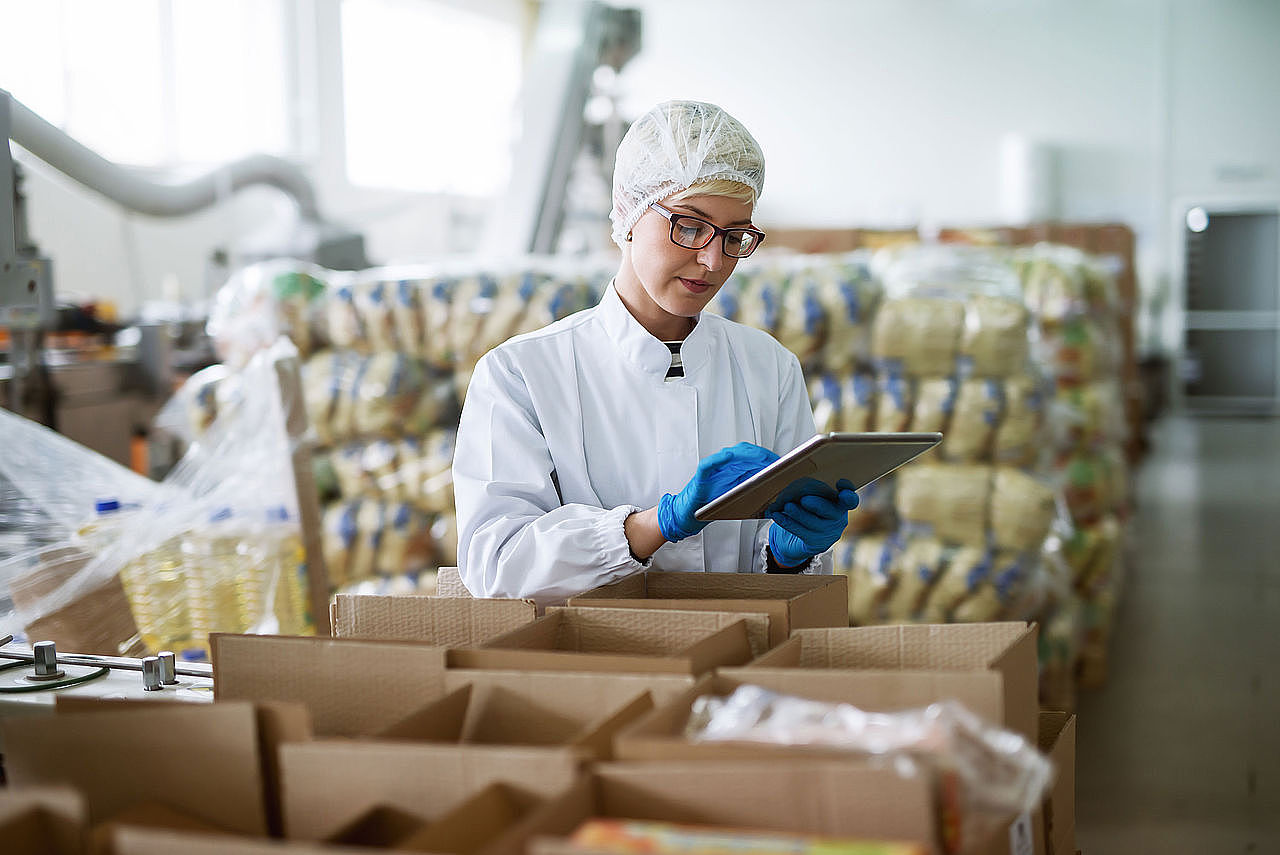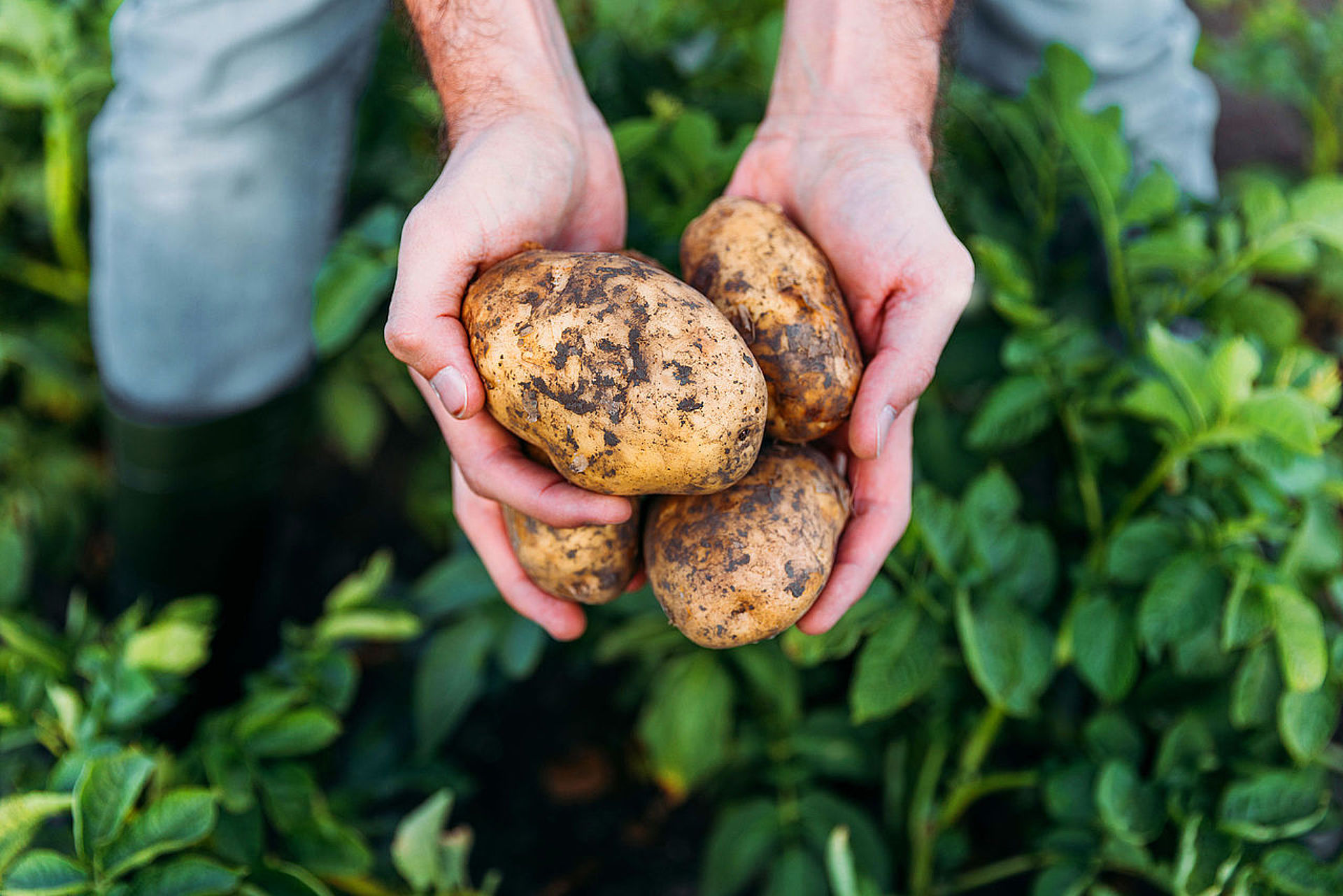
Sustainability and health
Regional, Organic, Fair, Climate, Environment
The topic of sustainability and the handling of resources is very important to us. Our special responsibility not only to protect nature and the environment, but also to preserve them for future generations, influences and guides our actions and thinking.
In our dining halls and cafés, we have the opportunity to act in the spirit of sustainability in many places. The expansion of regional, fair and organic offerings is an important step. In addition, we are still working along the chain of action on a conscious use of resources, in the use of technology and saving waste and food waste.

